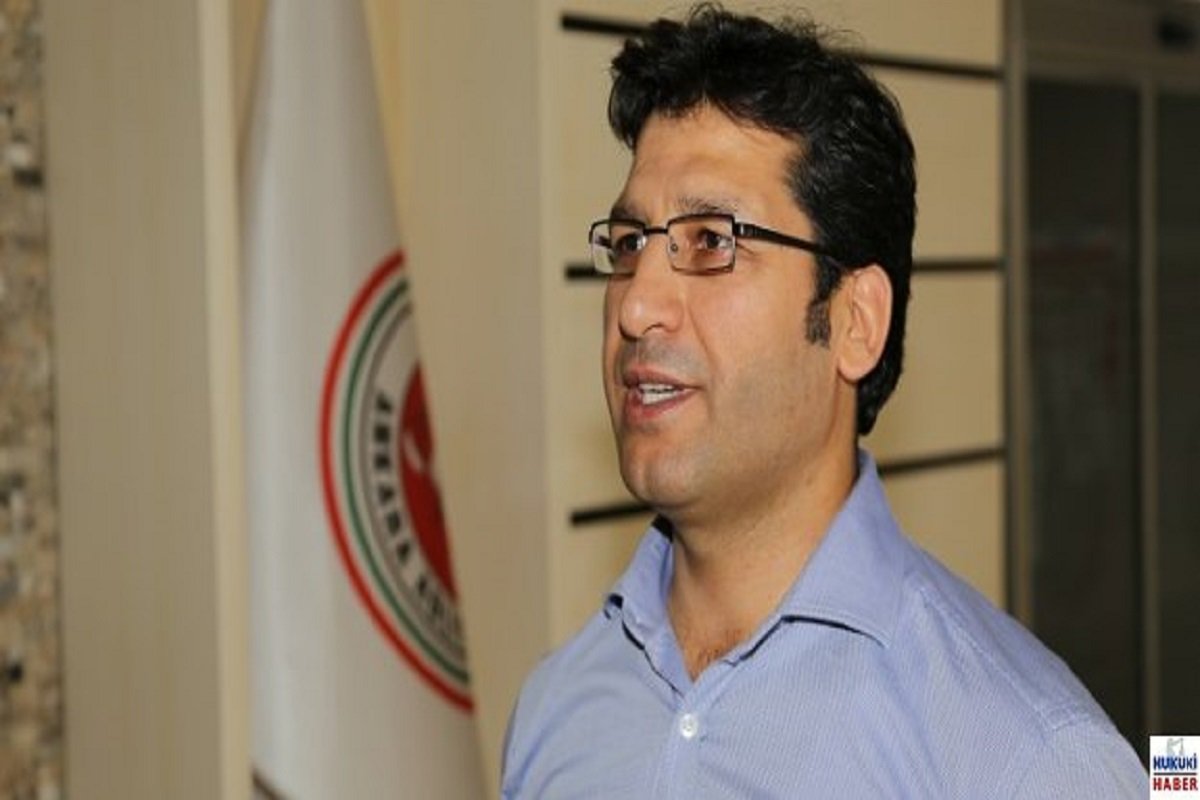Turkey’s Supreme Court of Appeals has upheld the decision of one of its criminal chambers to acquit a former bureaucrat of terrorism charges due to his alleged links to the Gülen movement in a ruling expected to set a precedent for others imprisoned on similar grounds, Turkish Minute reported, citing the Bold Medya news website.
The ruling concerns Birol Erdem, former undersecretary of the Justice Ministry and member of the Supreme Board of Judges and Prosecutors (HSYK). Erdem was detained on charges that include “managing an armed terrorist organization” in June 2017 due to his alleged links to the Gülen movement and was later released pending trial.
The Gülen movement is a faith-based group accused by the Turkish government of orchestrating a failed 2016 coup and designated as a terrorist organization. The movement strongly denies involvement in the coup attempt or any terrorist activity.
The decision on Erdem’s acquittal, which was upheld by the court’s Assembly of Criminal Chambers, was based on the grounds that he “did not know the ultimate purpose of the organization during the period when he was within its hierarchy,” according to Bold Medya.
The ruling also said Erdem’s actions can only be considered within the scope of the charges of “membership in a terrorist organization” and that he was acquitted pursuant to the provision that “A person who does not know the material elements in the legal definition of a crime cannot act deliberately,” which is stipulated in Article 30 of the Turkish Penal Code (TCK).
The statement in the decision that the accused didn’t know the ultimate purpose of the organization when he was within its hierarchy just as it wasn’t known to the public, either, eliminated the basis of the charges leveled against him, and therefore, could also affect the decisions on others like him.
Legal experts expect the decision to set a precedent for tens of thousands of others, including housewives, students, teachers, doctors or journalists who have been imprisoned due to their alleged links to the Gülen movement.
The ruling also said the profiling of alleged members of the Gülen movement began in 2013 and that it was Erdem who gave the relevant information to the head of Turkey’s National Intelligence Organization (MİT), Hakan Fidan.
Turkish President Recep Tayyip Erdoğan has been targeting followers of the Gülen movement, inspired by Turkish Muslim cleric Fethullah Gülen, since the corruption investigations of December 17-25, 2013, which implicated then-prime minister Erdoğan, his family members and his inner circle.
Dismissing the investigations as a Gülenist coup and conspiracy against his government, Erdoğan designated the movement as a terrorist organization and began to target its members. He intensified the crackdown on the movement following an abortive putsch that he accused Gülen of masterminding. Gülen and the movement strongly deny involvement in the coup attempt or any terrorist activity.
Following the coup attempt, the Turkish government declared a state of emergency and carried out a massive purge of state institutions under the pretext of an anti-coup fight. More than 130,000 public servants, including 4,156 judges and prosecutors, as well as 24,706 members of the armed forces, were summarily removed from their jobs for alleged membership in or relationships with “terrorist organizations” by emergency decree-laws subject to neither judicial nor parliamentary scrutiny.
In addition to the thousands who were jailed, scores of other Gülen movement followers had to flee Turkey to avoid the government crackdown.
















